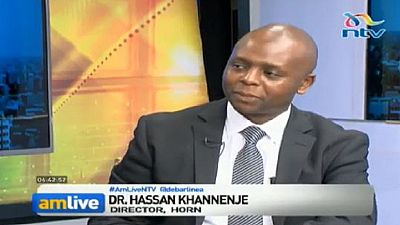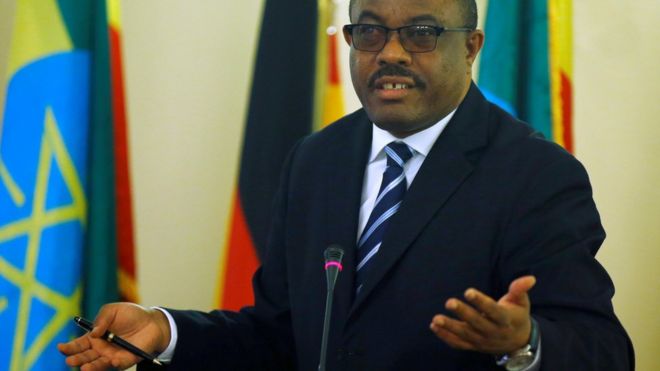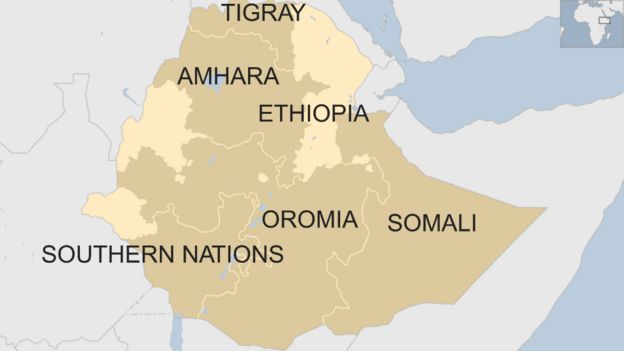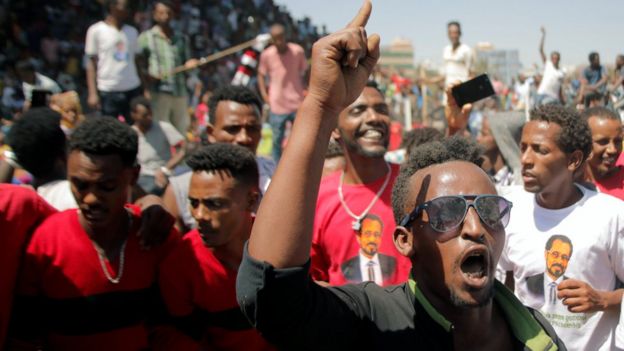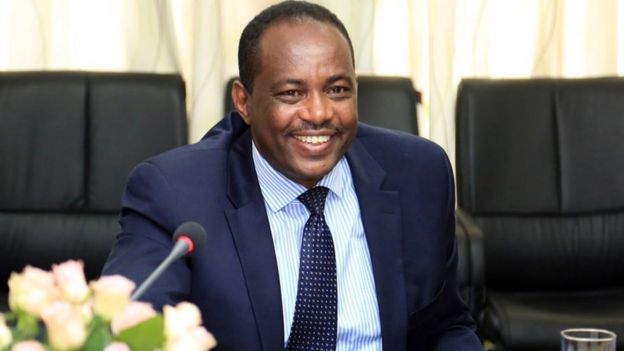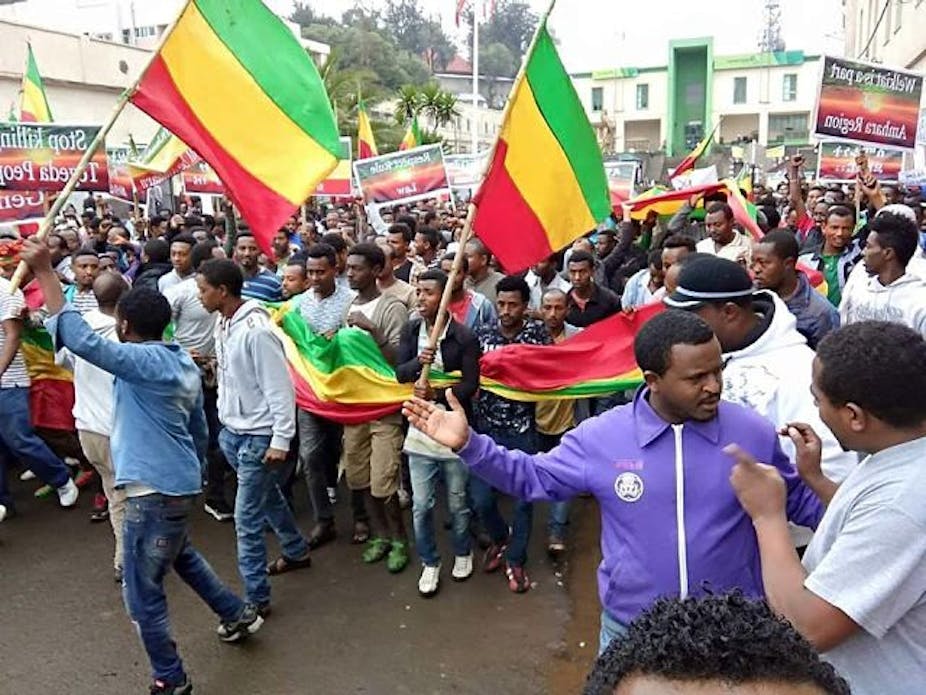
Former Ethiopian Prime Minister Hailemariam Desalegn sent shock waves through the region when he abruptly tendered his resignation.
Desalegn said that he had made the decision to facilitate efforts towards political reforms which started with the release of political prisoners. But rather than pursue a reform agenda, the Ethiopian government followed his announcement by declaring a state of emergency. This not only jeopardises the regime’s apparent intent to institute democratic reforms, it also pits citizens against the security forces. And it’s already led to more violence, not stability.
The state of emergency is being defied in a number of regions. Citizens have protested in Gondar, which is in the opposition Amhara region, as well as the opposition stronghold of Nekemte which is in Oromia. Much of the Oromia region is also defying the emergency measures.
As a result, the regime has targeted the Oromia region, and its protesting youths who are collectively known as Qeerro in the Oromo language.
Despite the release of thousands of political prisoners and talk of reforms, the political climate remains more uncertain than ever. It’s now feared that any government measures to suppress ensuing chaos could result in more violence, and deaths.
Instability in Ethiopia could have repercussions across the region. Unrest in the country could have a domino effect in what is an already volatile part of the continent. It could also affect regional peace efforts because instability in one corner of the Horn of Africa could spread and destabilise the entire region. This is especially the case because Ethiopia is home to so many cross border communities.
Implications for the region
Ethiopia is influential in the region and across the continent. It is the second most populous country in Africa and one of the fastest growing economies in the world. It also hosts the African Union’s headquarters in its capital, Addis Ababa.
But its standing has been diminished by the political turmoil of the last few years when two of its largest ethnic groups, the Oromo and Amhara both started demanding political and economic equality. The ruling coalition’s responses to these demands has highlighted the fact that it isn’t committed to democratisation.
The risks for the region are significant. Unless the regime acts on political reforms to entrench democracy, equal distribution of resources and freedom of the press, Ethiopia – with more than 100 million citizens – could emerge as the largest politically unstable nation in an already volatile region.
An unstable Ethiopia could also affect peace efforts in neighbouring countries. For example, it’s role as a long standing mediator in the South Sudanese peace talks could suffer a setback.
And its army is also the only peacekeeping force in Abiye, an oil rich region that has been at the centre of the conflict between Sudan and South Sudan since 2011.
In addition, Ethiopia is second only to Bangladesh in the number of its troops involved in international peacekeeping. Across its South Eastern borders, it also maintains thousands of troops inside Somalia.
And although its role in Somalia has drawn criticism Ethiopia remains a critical ally to the US’s counter terrorism strategy in the region. Instability could also create a power vacuum that could affect the US-led anti-terror strategy.
Ultimately, an internal crisis in Ethiopia will affect the power balance with its arch rival Eritrea. After the Ethiopia-Eritrea war which ended in 2000, the two countries have remained engaged in a proxy war by supporting each others’ political opposition groups.
Cross-border communities
Most African states share cross-border societies. The Horn of Africa is no different. The Oromo for instance are a majority ethnic group in Ethiopia and also a minority in Kenya. The Nuer are South Sudan’s second largest ethnic group and also a minority in Ethiopia’s western Gambella region.
There are also Somalis in Ethiopia. They maintain strong ties with their clansmen in Somali, Djibouti and Kenya. The Afar ethnic group in Ethiopia are also minorities in Eritrea, and Djibouti.
A new influx of Ethiopian refuges into Kenya due to the recent massacre in Moyale town underscores the fact that problems in the country are starting to affect cross border societies in the region. In fact, authorities and analysts in neighbouring Kenya are deeply concerned about the situation.
Instability could also affect refugees in Ethiopia itself. The country hosts the second highest number of refugees in Africa. Asylum seekers from Eritrea, South Sudan and Somalia often seek refuge within its borders.
Next steps
There is still room to resuscitate democratic reforms and to create space for national dialogue and reconciliation. Given the potential ramifications of prolonged unrest in Ethiopia, it should be in the interests of the international community to promote peace and stability. To do this it must pressure the ruling Ethiopian People’s Revolutionary Democratic Front to suspend the state of emergency.
The international community must also stress that the regime needs to open its doors to the opposition and pave the way for a transitional government. In my opinion this is the only way the ruling coalition can play a critical role in pacifying the country and the region. And the only way it can have a political legacy worthy of praise. Read more here





